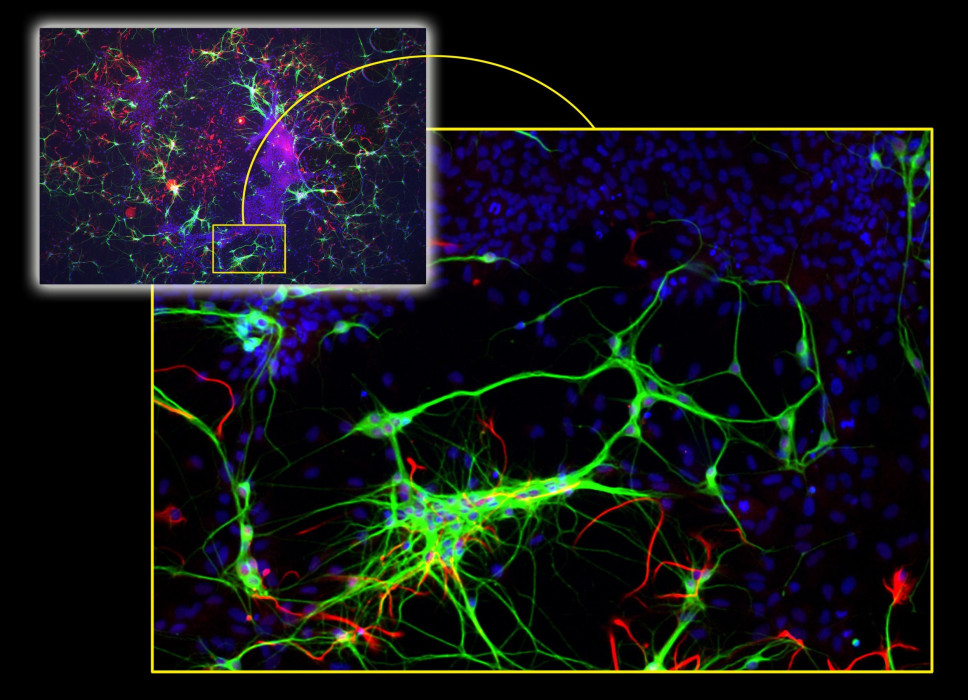Mark Zuckerberg, Paypal founder Elon Musk and Ashton Kutcher have invested $40 million in an artificial-intelligence start-up, Vicarious, which has already sent ripples through the security community by ‘breaking’ the CAPTCHA codes used to ‘weed out’ software programs masquerading as humans.
Wired reports that the company aims to focus on creating a computer system that can mimic some of the functions of the human brain’s neocortex, an area devoted to spatial reasoning and high-level language processing.
One application of the software, Vicarious AI, achieves a success rate of up to 90% against standard CAPTCHAs used by Google, Yahoo and PayPal, which was demonstrated in a video shown off by the company last year, as reported by We Live Security here.
Wired points out that it may never be possible to simulate an entire human brain, or indeed an entire human neocortex, but a computer than could mimic even a fraction of the neocortex’s functions would change human history.
Speaking to the Wall Street Journal, Vicarious co-founder Scott Phoenix described the software as “A computer that thinks like a person. Except it doesn’t have to eat or sleep.”
Vicarious works under conditions of extreme secrecy - the WSJ reports it has not revealed its address for fear of corporate espionage - so which particular applications it is focusing on remain a mystery.
Image recognition appears to be core to its business, however. Phoenix said that one problem Vicarious aimed to solve was to form a complete idea of pictures, including texture - giving the example of computers being able to recognize the words “ice” or “table” but not “table made of ice”.
Being able to automate such tasks may have significant implications for privacy and security. Mark Zuckerberg’s investment used personal funds, rather than those belonging to Facebook (although Facebook’s own AI program is reaching “near human” levels of performance in recognizing faces, as reported by We Live Security here).
But computers which can recognize pictures in a “human” way could, for instance, bypass security measures such as Windows 8’s picture passwords - already vulnerable, according to security researchers, due to recognizable "patterns" in the way users choose points of interest, as reported by We Live Security here.
Banks such as Santander employ systems where users associate a phrase with an image as a security measure - again, a computer capable of recognizing images may disrupt, or even invalidate this as a security measure.
Last year's demo showed software, known as Vicarious AI, achieving a success rate of up to 90% against standard CAPTCHAs used by Google, Yahoo and PayPal – using machine learning, rather than massive amounts of computing power.
“This renders text-based CAPTCHAs no longer effective as a Turing test,” the company said in a statement. The security implications of the discovery are less clear. Speaking to the BBC, computer scientist Luis von Ahn, part of the team which developed CAPTCHA, said that it was difficult to verify the results, and that if Vicarious’s claims are true, sites may simply need to increase the distortion used in CAPTCHA images.
“Recent AI systems like IBM’s Watson and deep neural networks rely on brute force: connecting massive computing power to massive datasets,” , said Vicarious co-founder D. Scott Phoenix..
“This is the first time this distinctively human act of perception has been achieved, and it uses relatively minuscule amounts of data and computing power. The Vicarious algorithms achieve a level of effectiveness and efficiency much closer to actual human brains”
“Understanding how brain creates intelligence is the ultimate scientific challenge. Vicarious has a long term strategy for developing human level artificial intelligence, and it starts with building a brain-like vision system. Modern CAPTCHAs provide a snapshot of the challenges of visual perception, and solving those in a general way required us to understand how the brain does it”, said Vicarious co-founder Dr. Dileep George.
Vicarious says that this is just the first public demonstration of its “learning” Recursive Cortical Network (RCN) technology – and says that in future, it may be used in robotics, medical image analysis, image and video search. The company admits, though, that this is “many years” away.
“We should be careful not to underestimate the significance of Vicarious crossing this milestone,” said Facebook co-founder and board member Dustin Moskovitz. “This is an exciting time for artificial intelligence research, and they are at the forefront of building the first truly intelligent machines.”





